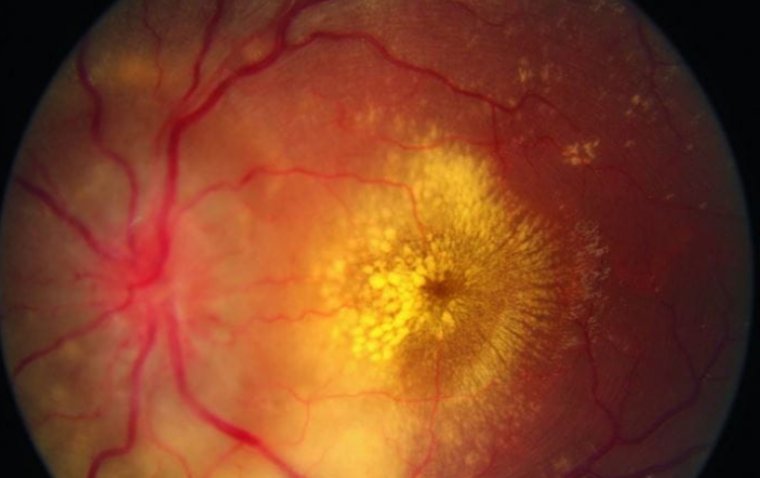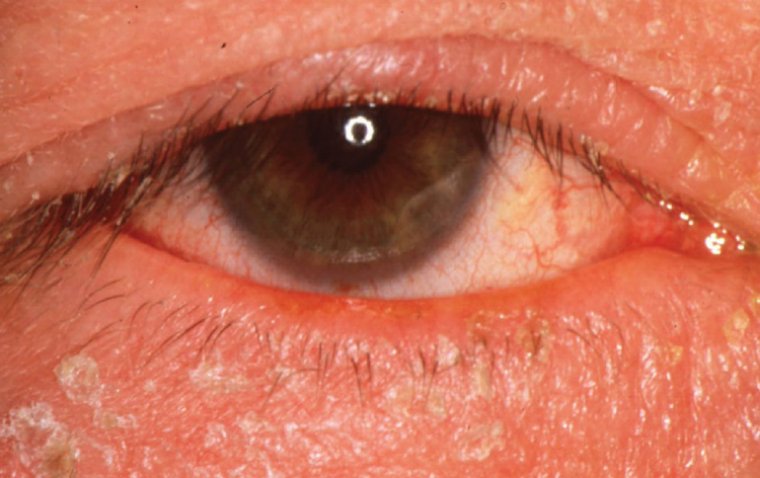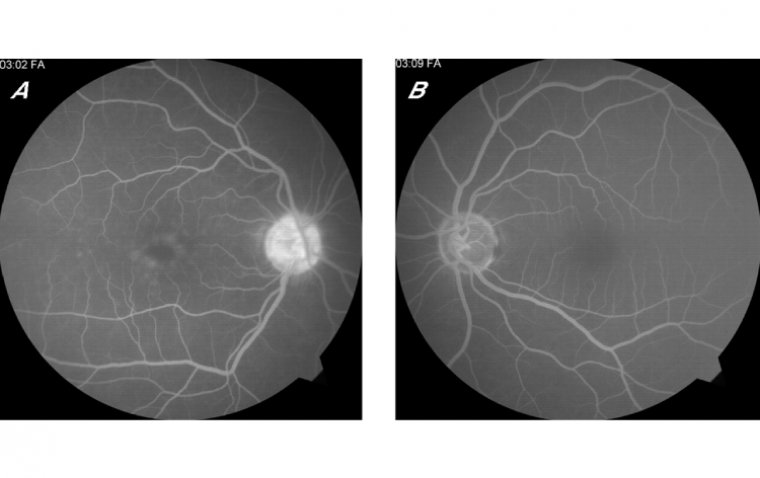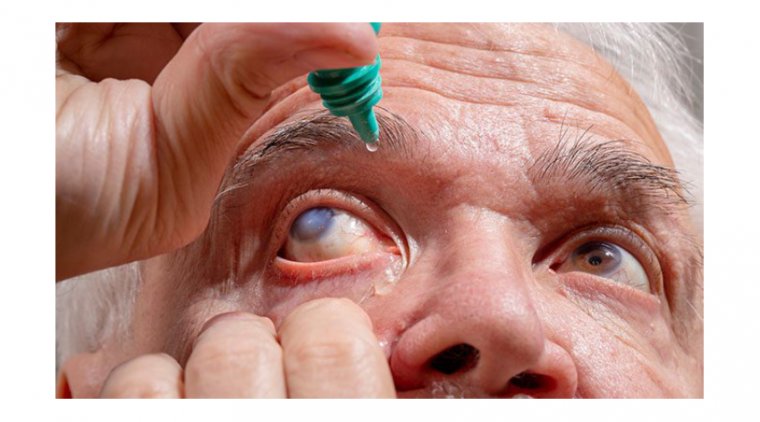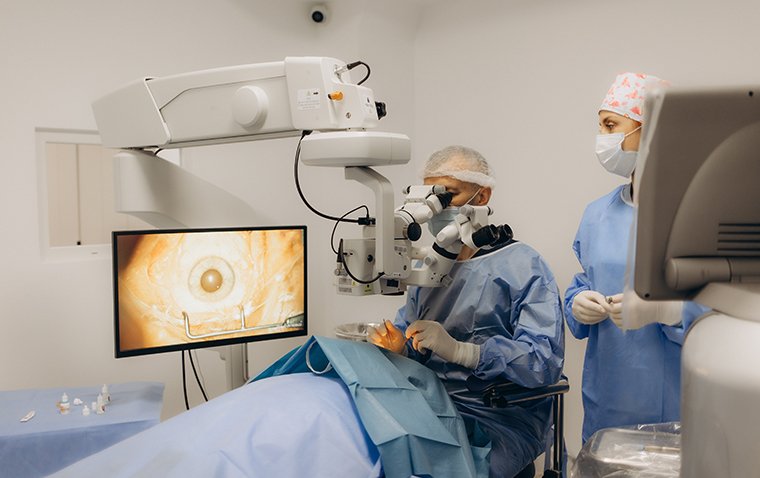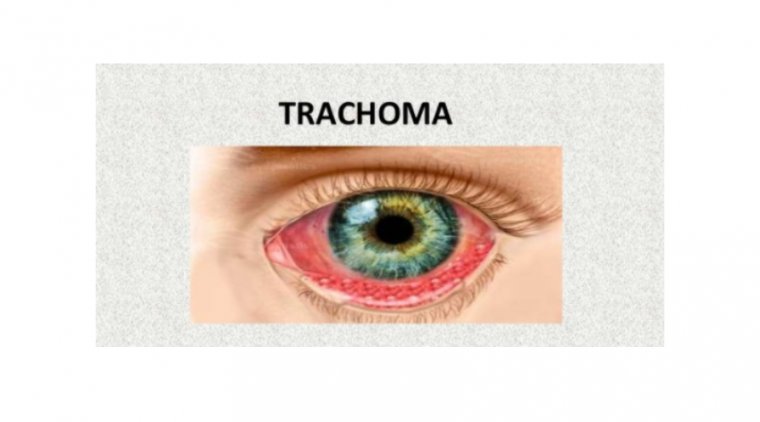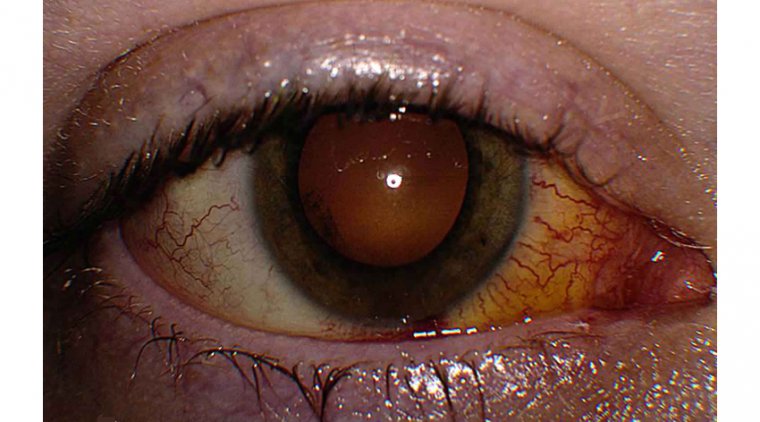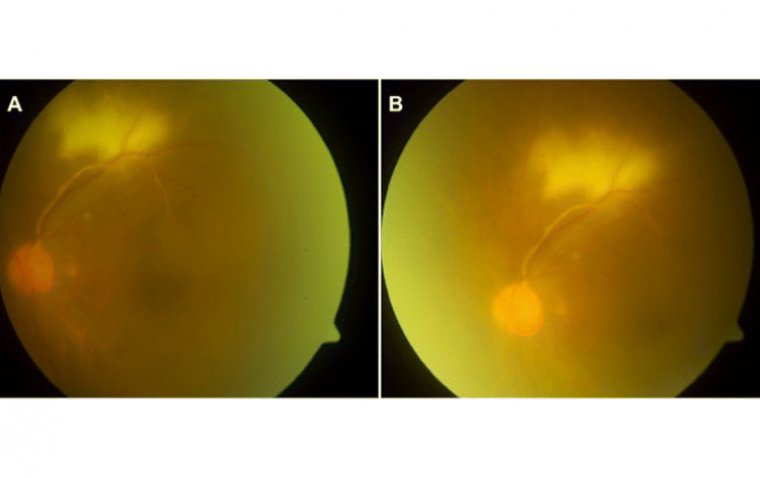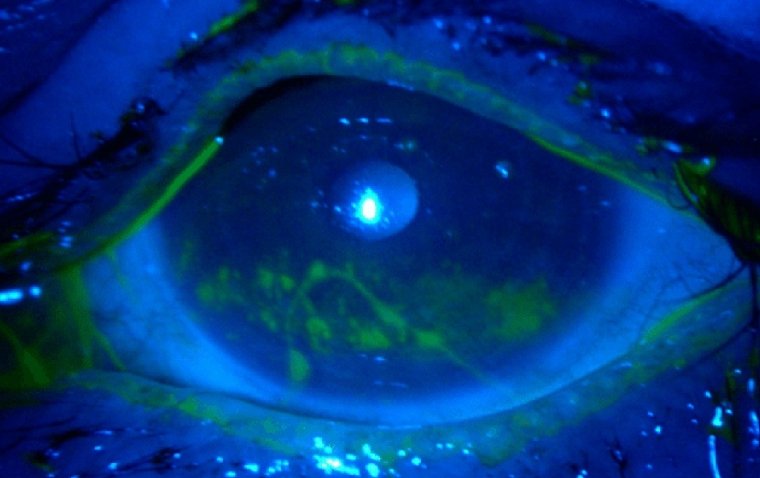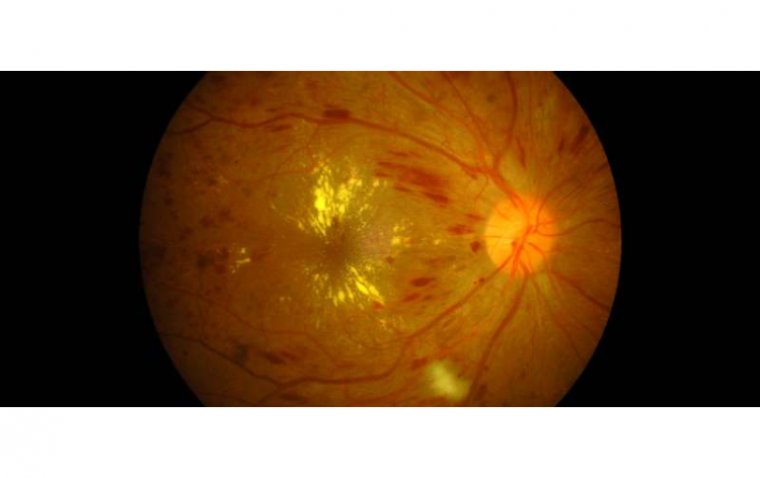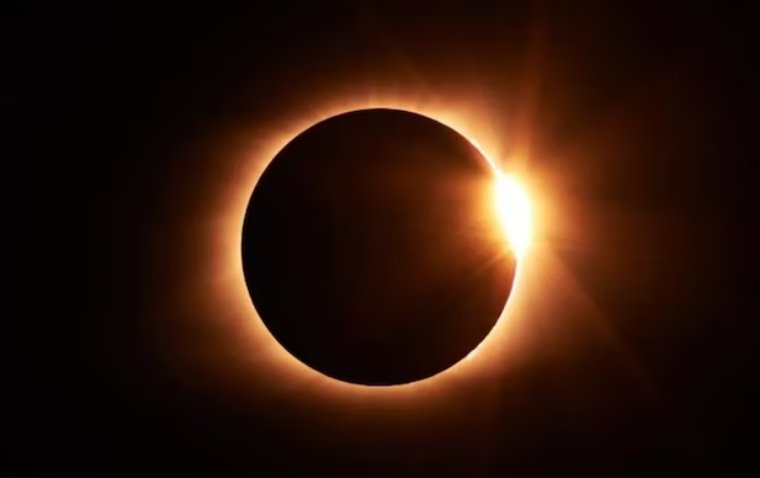
Eclipse Blindness: Protecting Your Vision during Solar Phenomena
Eclipse blindness, also known as solar retinopathy, is a serious condition that can occur when the human eye is exposed to the harmful rays of the sun during a solar eclipse. While the allure of watching this celestial event is strong, it's crucial to understand the potential risks involved. In this article, we'll explore the symptoms, causes, and most importantly, how to prevent eclipse blindness.
Why Does Solar Eclipse Damage Your Eyes?
Eclipse blindness is primarily caused by the harmful effects of the sun's ultraviolet (UV) and infrared (IR) rays on the eyes. When you stare directly at the sun, even during an eclipse when the sun's brightness seems diminished, it can cause irreversible damage to the delicate cells of the retina, which are responsible for vision.
Symptoms of Eclipse Blindness
Eclipse blindness may not be immediately noticeable, and its symptoms can take time to manifest. These symptoms typically include:
● Blurred Vision: Objects may appear blurry or out of focus.
● Distorted Vision: Straight lines might appear wavy or distorted.
● Sensitivity to Light: Increased sensitivity to light and glare, making it uncomfortable to be in bright environments.
● Color Vision Changes: Colors may appear washed out or distorted.
● Headaches: Prolonged exposure to solar eclipse light can lead to headaches.
Is Eclipse Blindness Permanent?
Eclipse blindness can vary in its severity and the extent of damage it causes to the eyes. In some cases, the damage can be temporary, with vision recovering partially or fully over time. However, in more severe cases, the damage may be permanent and irreversible.
The extent of recovery depends on factors such as the duration of exposure, the intensity of the sunlight, and individual variations in eye sensitivity. Mild cases of eclipse blindness may result in temporary vision disturbances, such as blurred or distorted vision, which can improve with time.
It's important to note that while some people may experience temporary symptoms, there is no guaranteed timeline for recovery, and not everyone will fully recover from eclipse blindness. To minimize the risk of any permanent damage to your eyes, it is crucial to use proper eye protection when viewing a solar eclipse and to limit your exposure to direct sunlight during the event. If you experience any symptoms of eclipse blindness, consult an eye care professional for an evaluation and guidance on your specific situation.
How to Prevent Eclipse Blindness
Preventing eclipse blindness is essential. Here are some vital tips to ensure your eyes remain safe during a solar eclipse:
1. Use Proper Eye Protection: The only safe way to view a solar eclipse is through certified solar viewing glasses or handheld solar viewers. These specially designed glasses can filter out the harmful UV and IR rays and protect your eyes.
2. Don't Rely on Regular Sunglasses: Ordinary sunglasses, no matter how dark, do not provide adequate protection for viewing a solar eclipse. Always opt for certified eclipse viewing glasses.
3. Limit Exposure Time: Even when using solar viewing glasses, it's essential to limit the time you spend looking at the eclipse to avoid potential eye strain and damage.
4. Use Solar Filters for Telescopes and Cameras: If you're using a telescope or camera to capture the eclipse, make sure you have the appropriate solar filters in place.
5. Educate Others: Share the importance of eclipse eye safety with friends and family, especially children, who might not be aware of the risks.
Summary
Eclipse blindness is a real threat that can have lasting consequences on your vision. The best way to enjoy a solar eclipse safely is to use certified solar viewing glasses, be mindful of your exposure time, and educate those around you on the importance of eye protection. By following these guidelines, you can savor the awe-inspiring beauty of a solar eclipse without risking your vision. Remember, your eyes are irreplaceable, so protect them at all costs.
As you prepare for the next solar eclipse, prioritize your eye safety. Always remember that it's better to be safe than sorry when it comes to protecting your vision.
(1).jpg)
